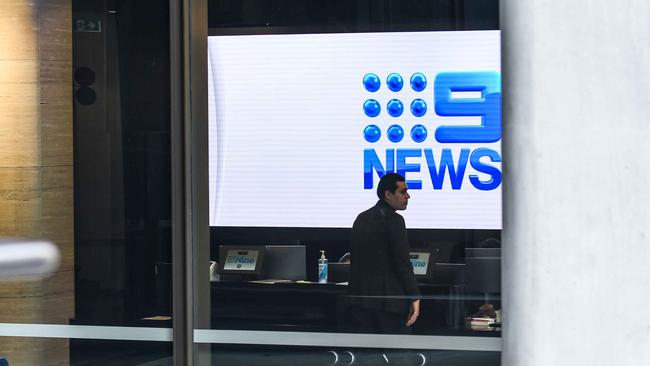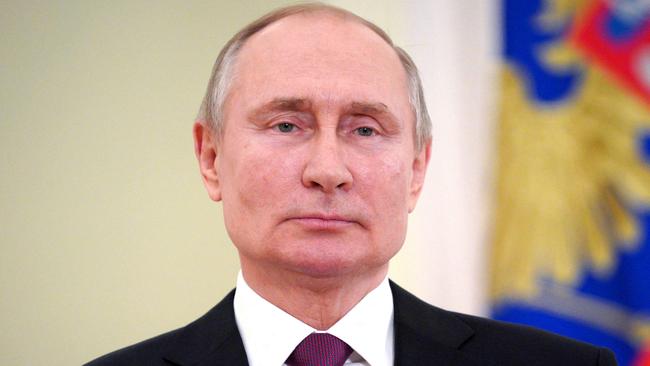Cyber attack: The Sydney Morning Herald and other Nine newspapers attacked
On the night that a Channel Nine program critical of Russian President Vladimir Putin aired, the station’s sister newspapers in Sydney and Melbourne experienced production problems.

NSW
Don't miss out on the headlines from NSW. Followed categories will be added to My News.
The Nine Network experienced massive disruptions to the production of its newspaper on Monday night after cyber attacks on the media company intensified.
Nine — which also publishes the Sydney Morning Herald, The Age and The Financial Review — was forced to drastically reduce its print run for today after the attack caused chaos for newspaper production staff.
Investigations continue as to whether the attacks are the work of foreign spies or merely criminals seeking a big payday.

While speculation has put Russian hackers in the frame for attack on Nine, former national cyber security adviser Alistair MacGibbon said its source was not yet clear but the event should “serve as a wake-up call” to all Australian businesses.
The Financial Review’s editor Michael Stutchbury issued an email to all subscribers yesterday confirming the impact of the ongoing cyber issues.
He confirmed staff have limited access to their print production system and could not use new photographs or create graphics to run alongside news articles.

The media outlet has since requested help from the Australian Signals Directorate and a spokeswoman said the company was “working to continue operations and investigate” the source of the problem.
One high-profile Nine star, who did not want to be named, noted: “We are not being told anything, we just do not know what is going on. I don’t think they (management) actually know either. Whoever has done this has done a proper job.”
Speculation is rife that Russian or North Korean hackers could be behind the attack as the network had plans to run news stories on both nations this week.

Mr MacGibbon, now chief strategy officer for CyberCX, said the attack on an Australian broadcaster could be the work on foreign spies but early indications pointed strongly towards the use of ransomware and a future attempt to extort money from the company.
“I’ve seen some speculation it could be nation states and we have seen nation states in the past carry out activity to do with broadcasts,” he said.
“But if I was a betting guy, I’d argue it was more likely cyber criminals with ransomware. Just because they haven’t received an extortionist demand yet doesn’t mean that they won’t get one. Often it could be days or even a week that you end up seeing that demand.”


